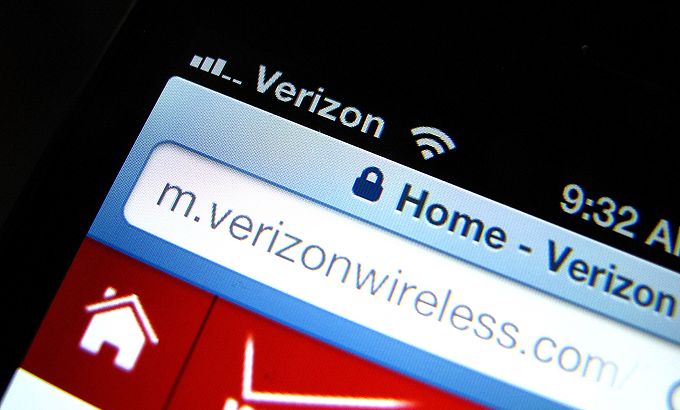
Public safety or privacy intrusion?
We discuss if it is acceptable for the US government to access American citizens’ personal data.
Edward Snowden’s revelations about the US National Security agency’s Internet and telephone monitoring programme have provoked debate at home and abroad.
Supporters of surveillance argue law abiding citizens have nothing to worry about and that surveillance programmes help ensure public safety and stop terrorism.
Keep reading
list of 4 itemsHong Kong’s first monkey virus case – what do we know about the B virus?
Why will low birthrate in Europe trigger ‘Staggering social change’?
The Max Planck Society must end its unconditional support for Israel
“The idea is that if you can identify the origin and destination of a communication you would be more secure …. Our founders … who worked on this project applied it to the Internet and we ended up with software that you could use to go to privacy but also circumvente censorship” Karen Reilly, research director for the Tor Project told Al Jazeera.
Just living your life and maybe having some people who are controversial … you can be brought in a zone of suspicion. And of course, when examined in detail not all of us is perfect.
Much of the US establishment, both democrat and republican has closed ranks. Speaker of the House, John Boehner, labelled Snowden a traitor, but his supporters argue that he has made a huge sacrifice and performed a valuable public service.
It seems the American public is divided on the issue with a poll published on Monday suggesting a small majority believe phone tracking is acceptable, though a majority said the government should not be able to monitor Internet usage.
Those wanting to avoid having their data scrutinised by the authorities do have options but they will have to eschew companies like Google and use software from groups who can protect anonymity and encrypt data.
A new poll released by the Pew Research Centre on Monday shows that a majority of Americans, 56 percent, say that National Security Agency’s use of secret court orders to track telephone call records of millions of Americans is acceptable whereas, 41 percent found this unacceptable.
Sixty-two percent of Americans say it is more important for the government to be able to investigate terrorist threats … even if it intrudes on people’s privacy, but 34 percent say personal privacy is more important.
It is less clear cut when it comes to Internet usage as 45 percent believed the government should be able to monitor everyone’s email and online activities with a majority at 52 percent saying Internet surveillance is wrong.
So, is it acceptable to let the US government access private data or should this be stopped?
Inside Story Americas, with presenter Shihab Rattansi, discusses with guests: Peter Swire, a law professor at Ohio State University and chief counsellor for privacy in the Clinton administration; Julian Sanchez, a researcher on privacy and technology at the Cato Institute; and Karen Reilly, the research director for the Tor Project which provides software that allows users to access the Internet anonymously.
|
“It is not really clear what is happening … but we know they have a kind of backdoor access at the Internet provider level …. Analysts can later decide what specific accounts, email addresses, phone numbers and other selectors they want to gather data on … It is not really clear how much of a check at the ISP level they are reviewing.” Julian Sanchez, a researcher on privacy and technology at the Cato Institute. |